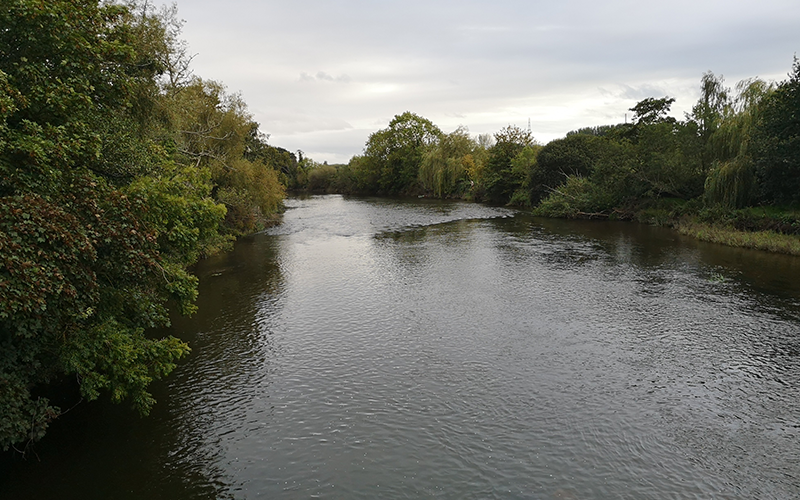I never wanted to start on this journey. I fought and struggled when I found myself caught in a current taking me somewhere, I did not want to be.
I was terrified for what I would see, experience and feel on the way. I was frightened of being swept under, of drowning and not being able to cope. I leapt ahead – our daughter was 18 months old when she had her first seizure and I was already visualising rapidly changing and scary scenarios in our future.
I’ve got a boat now, a lovely one too. Others are in it (a husband, two daughters and two cats) and many others sail beside us. We’ve been battered by storms that have felt relentless this year but right now (and by that I mean today, I try to avoid thinking much further ahead) the waters are calm, steady. The sun is out and the breeze is cool.
There could be a waterfall around the next corner but this journey has taught me that we have to try to live in the much talked about ‘now’ and draw all the strength we can from it when it’s good.
Paradoxically, my anxiety (like many people, anxiety is something I live with) has been the best it has ever been since starting on this journey. I’ve tried to think about why this may be – I think when calling 999 becomes a standard thing to do, other stuff doesn’t get the importance ranking it used to.
I’ve built up a pretty effective toolkit over the years. Here are a few things I’ve learnt so far:
You are still you
Keeping hold of your sense of self is important. You will frequently be referred to as ‘dad’ / ‘mum’ by people who are not your kids. I find a polite response using your actual name helps, if they don’t get the hint then at least you’ve reminded yourself. If you have a job, don’t give it up because you feel you should. This was one of my biggest fears when we first had a diagnosis and I’m pleased to say it was just a fear. I still have, and love, my job.
Do your best to be assertive
This does not mean to be aggressive. Professionals want to help. Sometimes they just slip up, make a mistake or forget to include you in things. I attended some brilliant training recently on how to handle meetings with professionals. One of my favourite tips was to ask for an agenda for any meetings that are being called and ask for a list of attendees beforehand. It’s a show of strength from the outset and also helps you prepare. It reminds people that you are a professional too.
Download the mental load
Ah the mental load. The mental load of many people (disproportionately women, in my experience) is heavy. If you bring a disabled child into the equation it can become suffocating. I read a great column by Oliver Burkeman recently where he talked about the power of getting things out of your head and down on paper as a list (or whatever you prefer to use, I have just discovered Trello which I love). I feel lighter when all my ‘to dos’ swirl out of my head and onto a list.
Be open – make it ok to talk about
I appreciate this isn’t easy for everyone. If you are able to be open with others, I find it does mean support can flow in more easily. Often, it’s emotional support (obviously very important) but, if you’re lucky, you may find yourself in receipt of a lasagne on your doorstep.
Self-care
Ugh, I hate that phrase. Not because there is anything inherently wrong with it but more that it seems to be increasingly used as some kind of generic tick-box advice that’s flung around. For many of us, looking after ourselves isn’t just as simple of doing a bit of yoga. That said, stuff for you really does need to be on your to do list, whatever that looks like.
If I could tell myself something when we started on this journey it is this: You will cope and, despite some difficult times, life will not be less happy. You’ll find joy in places you never knew it existed.
